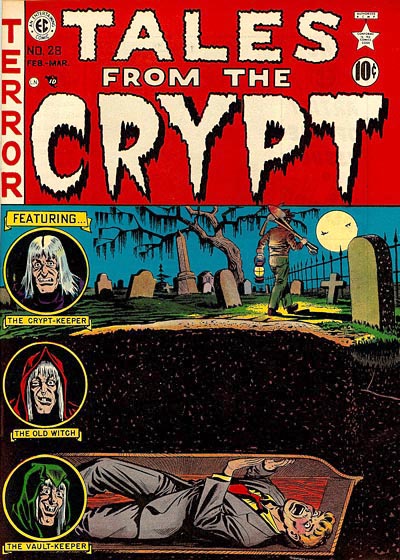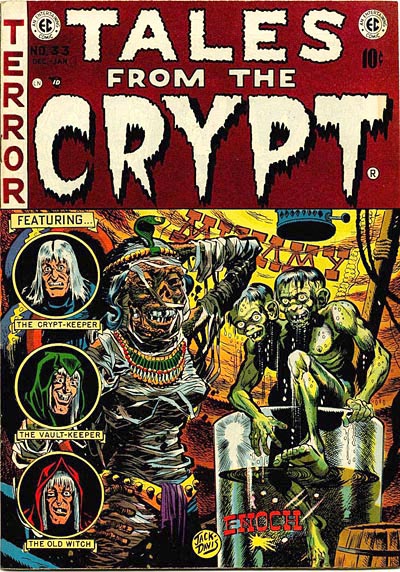
Source: httpsmilla4tumblrcom-smilla4blogs.blogspot.com [sic]
Small towns in Maine such as this one served as the backdrop to King's childhood years.
Context
Political:
King grew up during the Cold War era. The outlook at the time was full of apprehension regarding the future, and many works written at the time reflected such a view. George Orwell's 1984 details a dystopian future where opposing the regime – even in thought – is a crime punishable by death. Political dystopia is used by King in many of his works, notably The Long Walk and The Running Man, which were both published under a pseudonym.
Social:
At the same time as the Cold War, the United States was undergoing a wide variety of social changes, such as the Civil Rights movement, the Sexual revolution, counterculture, etc. Shifting ideals of society and equality were the subject of many tensions along this time period. The example of social issues comes up repeatedly in King's stories, such as It, in which crimes motivated by prejudice serve as the modus operandi of a demon living in a small town.
Cultural:
King – like many of his contemporaries – tries to capture elements of 20th century Americana in his works. References to American popular culture are present in all of his works – from his earliest to his most recent.
Additionally, as a result of his upbringing in New England, Stephen King has popularized the horror trope of a small-town setting. Many of King's works take place in small-town Maine, where the quiet, idyllic life of suburbia sharply contrasts with the gruesome events that inevitably occur there.
Richard Bachman's supposed author photo. The photo was actually of King's literary agent's insurance agent. Image source: Wikimedia
The photo was actually of King's literary agent's insurance agent. Image source: Wikimedia
Early Life
Stephen Edwin King was born on September 21, 1947. His early life was troubled – at the age of two, his father left the home, supposedly to 'buy a pack of cigarettes', and never returned. As a child, King also witnessed the accidental death of a friend, although he does not remember the incident. It is speculated that this event may have subliminally affected his works.
Many of King's works, such as It, Carrie and The Shining explore the sanctity and beauty of childhood.



Horror and science fiction comic books such as these were a large part of King's early life.
Source: animationresources.org
Early Career
After developing an interest in horror comics and pulp fiction stories, King began writing as a teenager. He published several short stories as a high schooler, before continuing his writing at the University of Maine. During that time, he wrote many short stories, as well as a novel, The Long Walk, which he later published under a pseudonym.
King's very first published work was a short story, sold to a fanzine when he was 18. During and after his college career, he often wrote short stories, many of which were published in men's magazines.
Stephen King's first published novel – and the one that would put him on the map as a writer – came in 1973: Carrie. The first hardback edition sold, but not astonishingly well as the paperback, which was released a year later, and sold over a million copies within the year.
Writing As Bachman
Between the 1970s and 1980s, King published a number of novels under the pseudonym of Richard Bachman. Two reasons are commonly cited for his doing so: publishers strongly encouraged writers to release no more than a single novel a year to maximize revenue, and King himself wanted to know if his success was the result of luck or talent.
Compared to King's other works, the novels published under Bachman's name tended to favor a more visceral, 'real' horror than the psychological kind that made him famous. Rage is the story of a school shooting from the shooter's perspective, while The Long Walk and The Running Man emphasize sadistic, glamorized violence in a political dystopia.
King experienced a modest level of literary success as Bachman. His books sold well, but were not bestsellers as were the ones published under his real name. Thinner, the last Bachman book to be published before Stephen King was discovered to be Bachman, sold 28,000 copies initially, and then ten times that number after King was outed. King himself is still not sure whether his success was caused by luck or talent.
King was outed as Bachman in 1985, when people began to notice stylistic similarities between the writings of King and Bachman. Additionally, publisher records indicating that King wrote Bachman's books were uncovered. Bachman, for whom King had developed an extensive biography, was said to have died in 1985 of "cancer of the pseudonym".
After Bachman's supposed death, King has included subtle allusions to Bachman ever since. Various books were published later under Bachman's name, and Bachman has been referred to on occasion in his other works.
Bachman's books include:
Additionally, King's 1989 novel The Dark Half describes the story of an author whose pseudonym comes to life as a malevolent being, alluding to the King's own relationship with Bachman.